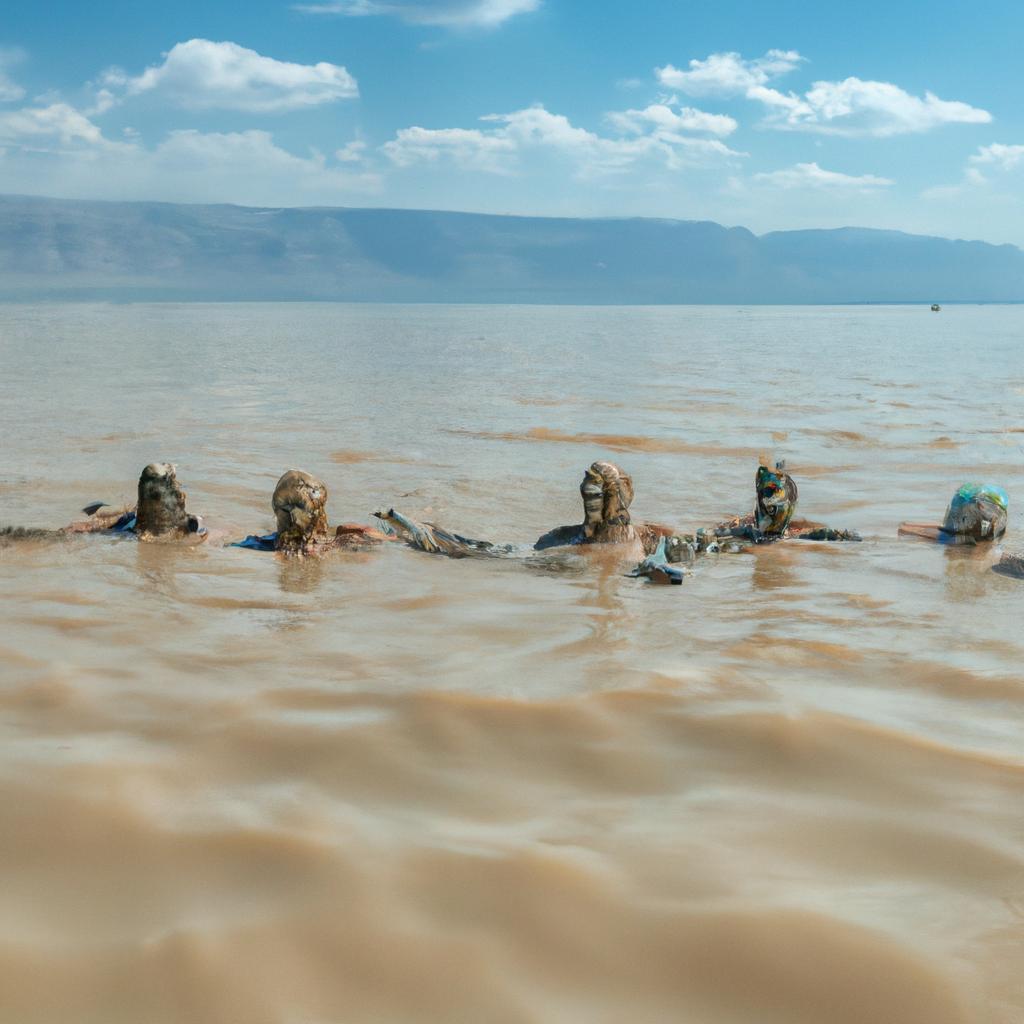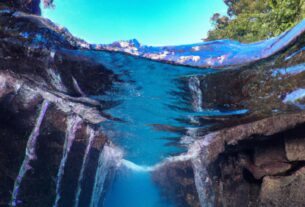The Dead Sea, nestled between Jordan, Israel, and Palestine, is truly a marvel of nature. With its astonishing salt content and unparalleled location, it has become a must-visit destination for tourists around the globe. In this article, we will delve into the geographical wonders, historical and cultural significance, tourism potential, environmental challenges, and ongoing conservation efforts surrounding the Dead Sea.
Exploring the Geography and Geology
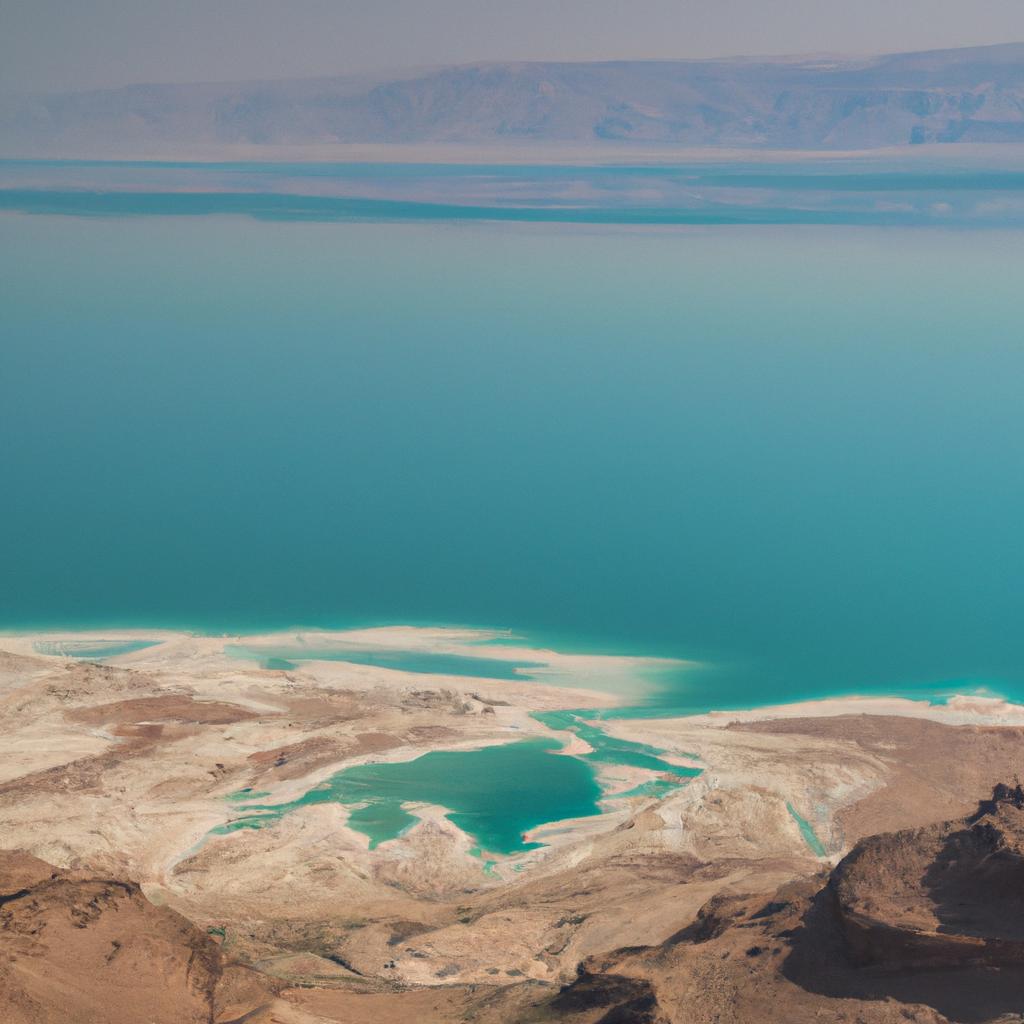
The Dead Sea is a saltwater lake, bordered by Jordan to the east and Israel and Palestine to the west. At 430.5 meters below sea level, it proudly holds the title of the Earth’s lowest point. Stretching approximately 50 kilometers in length and 15 kilometers in width, with a maximum depth of 304 meters, it amazes visitors with its sheer magnitude. Fed by the Jordan River and other small streams, the Dead Sea does not have an outlet. As a result, the water evaporates, leaving behind a concentration of salt and minerals that render it one of the saltiest bodies of water globally.
Over millions of years, the shifting of tectonic plates—specifically the African and Arabian plates—led to the formation of the Dead Sea. This geological phenomenon caused the land between them to sink, eventually giving birth to the sea we know today. Encircled by majestic mountains, the Dead Sea offers a truly breathtaking experience. The surrounding area also boasts numerous natural wonders, including hot springs, mud pools, and salt flats. Its geology and high salt content make it an invaluable site for scientific research and study.
Unearthing Historical and Cultural Significance
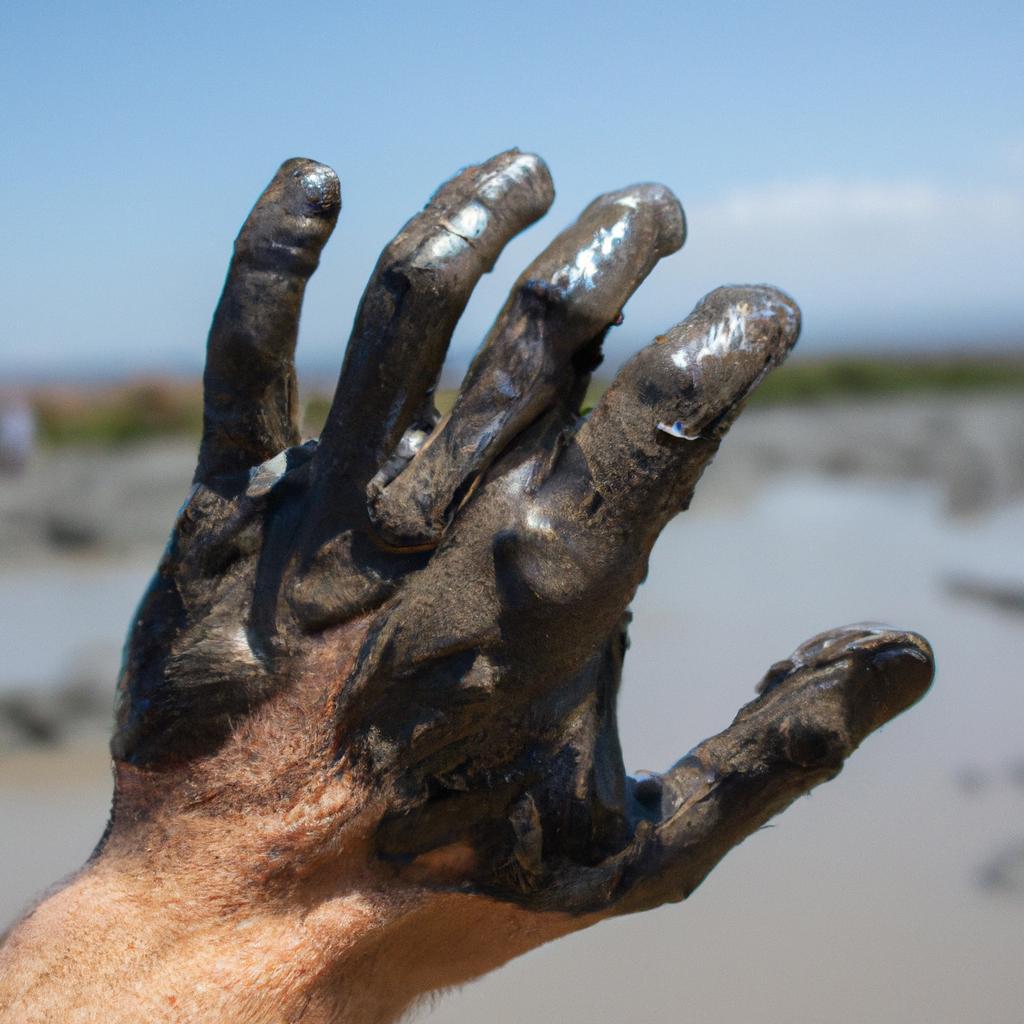
For thousands of years, the area around the Dead Sea has been home to various civilizations that have left an indelible mark on its history and culture. From the Canaanites and Israelites to the Romans, each society has contributed to the richness of the region. Remnants of their existence, including artifacts and ruins, still captivate visitors today. Among the treasures discovered were the Dead Sea Scrolls, an important collection of Jewish religious texts dating back to the second century BCE. Widely regarded as one of the most significant archaeological finds of the 20th century, these scrolls are currently housed in Jerusalem’s Israel Museum.
Through the ages, the Dead Sea has been a site of immense religious pilgrimage. Referred to as the “Salt Sea” in the Bible, it has been associated with countless miracles. In modern times, the area surrounding the sea is adorned with religious landmarks, such as the 5th-century Monastery of St. George. The Dead Sea’s unique geography and historical prominence continue to attract tourists seeking a taste of both spiritual and historical wonders.
Immersing Yourself in Tourism and Recreation
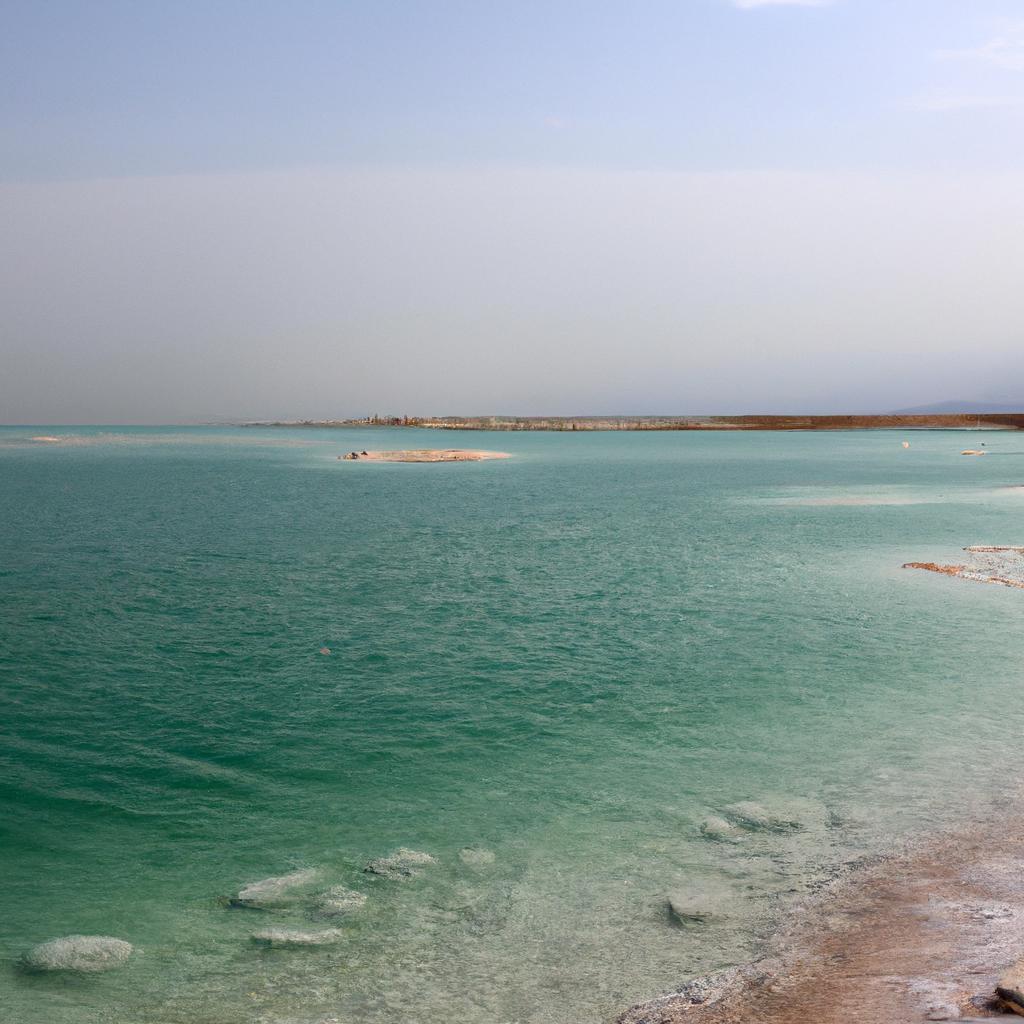
Unsurprisingly, the Dead Sea has evolved into a popular tourist destination, enchanting visitors from all corners of the world. Its mineral-rich waters, dense with salt, offer myriad health benefits, ranging from improving skin conditions to alleviating joint pain. Mud from the area is also renowned for its therapeutic properties, attracting individuals seeking rejuvenation.
Tourists exploring the Dead Sea region can partake in a wide spectrum of activities and attractions. Floating in the sea’s buoyant waters, hiking through the surrounding mountains, and visiting historical and religious sites are just a few of the options available. The area is adorned with well-known resorts and hotels, catering to various preferences and offering amenities such as spa treatments, guided tours, and scrumptious Middle Eastern cuisine. Among the most sought-after establishments are the Kempinski Hotel Ishtar Dead Sea, the Movenpick Resort & Spa Dead Sea, and the Hilton Dead Sea Resort & Spa.
In addition to its allure for tourists, the Dead Sea serves as a vital site for scientific research and study. Scientists are drawn to its exceptional geological features and high salt content, providing an ideal environment for studying the human body’s response to extreme conditions. All in all, the Dead Sea stands as a natural wonder that promises an unforgettable experience to all who visit.
Tackling Environmental Challenges and Promoting Conservation
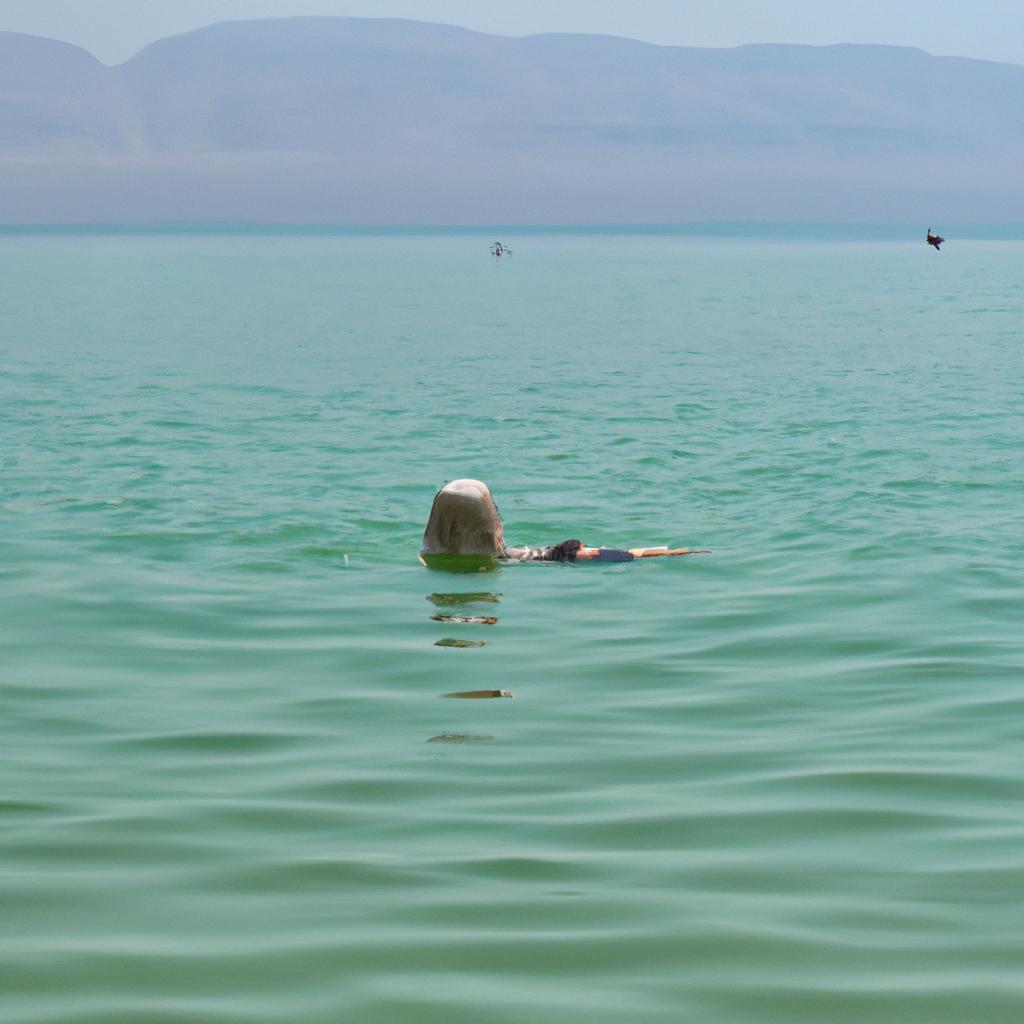
However, the Dead Sea faces significant environmental threats, including water diversion and pollution. Diverting the Jordan River for agricultural and industrial purposes has resulted in a yearly decrease in the sea’s water levels by over a meter. This diversion also brings about an increase in pollution within the sea. Such changes can have drastic consequences for the ecosystem and surrounding areas.
To combat these challenges, numerous conservation efforts are underway to safeguard the Dead Sea and its environs. The Dead Sea Preservation Government Company, established in 2014, spearheads initiatives aimed at protection and preservation. One noteworthy project involves constructing a canal to channel water from the Red Sea to the Dead Sea. This canal will stabilize water levels and reduce pollution, contributing to the preservation of this unique ecosystem.
Appreciating the exceptional ecosystem of the Dead Sea is crucial. The sea is home to numerous endangered plant and animal species, while also serving as a vital water source for neighboring communities. Moreover, its historical and cultural significance, as well as its value as a site for scientific research, must not be overlooked.
Preserving the Dead Sea: A Call to Action
In conclusion, the Dead Sea stands as a natural wonder of the world, offering unparalleled geography, historical and cultural treasures, and remarkable tourism opportunities. Nevertheless, the looming threats of water diversion and pollution cannot be ignored. Preserving this unique ecosystem for future generations demands our attention and action. TooLacks is proud to shed light on the significance of safeguarding natural wonders like the Dead Sea. Join us in preserving the beauty and magnificence of our planet. Visit TooLacks to learn more.
